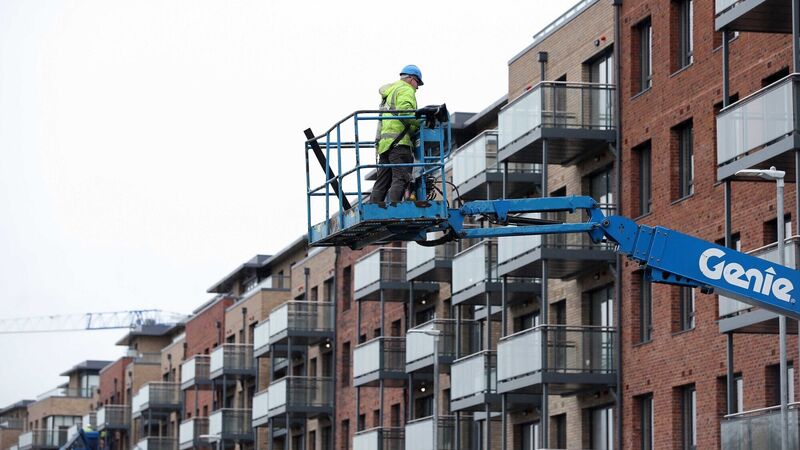Housing Assistance Payment driving people to homelessness, charity warns

Focus Ireland event heard because Hap rents are not updated often enough, they fall behind market rents, meaning claimants often have to pay significant top-ups to rent their home. File picture: RollingNews.ie
The Housing Assistance Payment (Hap) is inadvertently leading people back into homelessness, as its rates are not keeping up with rent increases in the market, an event in Dublin has heard.
Furthermore, administrative and structural issues in the scheme mean people must make themselves homeless to qualify for a higher rate of support under Hap, Focus Ireland’s head of advice and information Conor Roe said.













